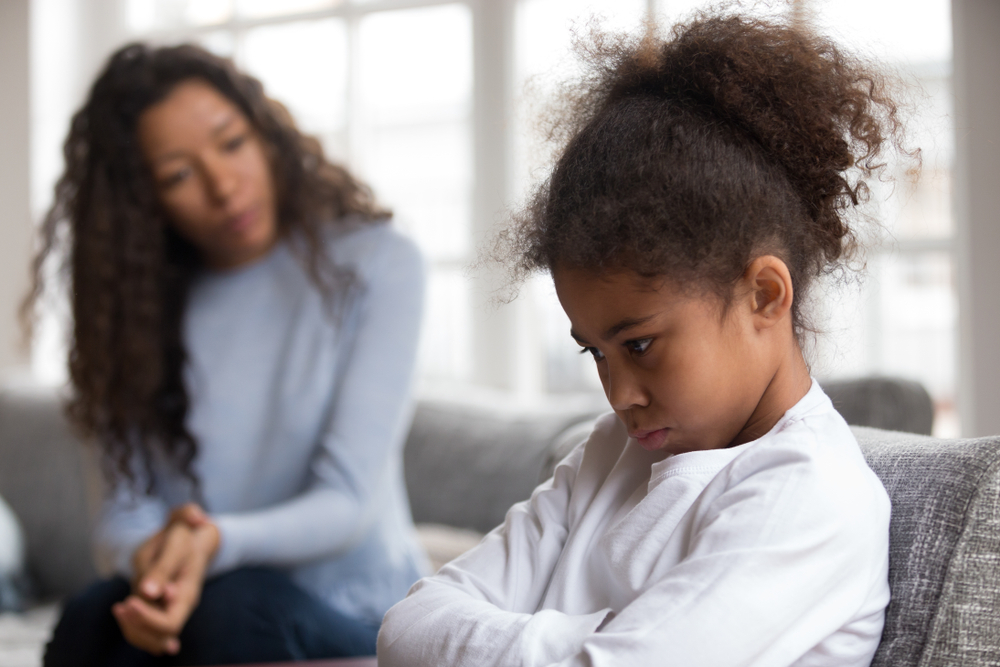Divorce is a challenging and emotional experience for all involved, but its impact on children can be particularly profound and long-lasting. As parents navigate the complexities of ending their marriage, children often find themselves caught in the middle, grappling with a range of emotions and changes in their daily lives. This article will explore how divorce impacts children in several ways and why counseling is essential to help them cope with these changes and build resilience.
Emotional turmoil and stress
One of the most immediate and noticeable impacts of divorce on children is emotional turmoil and stress. Children may feel a mix of emotions, including sadness, anger, confusion and fear. These feelings can be overwhelming, especially for younger children who may not have the vocabulary or understanding to express themselves fully.
Behavioral changes
Emotional stress often manifests in behavioral changes. Children might become withdrawn, exhibit aggressive behavior or experience difficulties in school. They may also regress to earlier developmental stages, such as bedwetting or thumb-sucking. These behaviors are often a cry for help, signaling their need for support and understanding.
Academic challenges
The emotional and behavioral effects of divorce can also extend to academic performance. Children may struggle to concentrate on their schoolwork, leading to a decline in grades. They might also have trouble participating in class or completing homework, as their minds are preoccupied with the changes happening at home.
Social relationships
Divorce can significantly impact a child’s social relationships. The stability and security of a two-parent household provide a foundation for healthy social development. When this foundation is disrupted, children may struggle to maintain friendships and other social connections.
Peer relationships
Children of divorced parents might feel different from their peers, particularly if most of their friends come from intact families. This sense of difference can lead to feelings of isolation and loneliness. Additionally, they might become more dependent on friends for emotional support, which can strain those relationships.
Family dynamics
Divorce often changes family dynamics in significant ways. Children may find themselves shuttling between two homes, adapting to different sets of rules and routines. This constant adjustment can be stressful and confusing. Relationships with extended family members may also be affected, as ties to one side of the family may weaken.
Long-term psychological effects
The psychological effects of divorce can extend well into adulthood. Children who experience divorce are at a higher risk of developing mental health issues such as anxiety, depression and low self-esteem. These issues can affect their ability to form and maintain healthy relationships in the future.
Trust and commitment issues
Children of divorced parents may struggle with trust and commitment in their relationships. Witnessing the breakdown of their parents’ marriage can lead to fears of abandonment and betrayal. These fears can make it difficult for them to trust others and commit to long-term relationships.
Repeating patterns
There is evidence to suggest that children of divorced parents are more likely to experience divorce themselves. This cycle can be attributed to various factors, including learned behaviors and unresolved emotional issues. Counseling can play a crucial role in breaking this cycle by helping children understand and process their feelings about their parents’ divorce.
The role of counseling
Given the wide-ranging and potentially long-lasting effects of divorce on children, counseling is essential. Professional counselors can provide a safe space for children to express their emotions and work through their feelings. They can also equip children with coping strategies to manage the changes in their lives.
Individual counseling
Individual counseling allows children to explore their emotions in a one-on-one setting with a trained professional. This personalized approach can help children understand and articulate their feelings, build self-esteem and develop healthy coping mechanisms.
Family counseling
Family counseling involves the entire family in the therapeutic process. This approach can help improve communication and understanding among family members, reduce conflict and create a more supportive environment for the children.
Group counseling
Group counseling provides an opportunity for children to connect with others who are going through similar experiences. Sharing their stories and hearing from peers can help children feel less isolated and more understood. Group sessions can also teach valuable social skills and provide a sense of community.
Benefits of counseling for children
Counseling offers numerous benefits for children dealing with the effects of divorce. It can help them process their emotions, improve their mental health and develop resilience. Here are some specific benefits:
Emotional expression and understanding
Counseling provides a safe and supportive environment for children to express their emotions. Through various therapeutic techniques, children can learn to understand and manage their feelings, reducing the risk of emotional and behavioral problems.
Building resilience
Resilience is the ability to bounce back from adversity. Counseling helps children develop resilience by teaching them coping strategies and problem-solving skills. These skills can help them navigate the challenges of divorce and other life stressors more effectively.
Improving relationships
Counseling can help children improve their relationships with both parents and peers. By enhancing their communication and conflict-resolution skills, children can build stronger and healthier relationships. This, in turn, can provide a more stable and supportive environment for them to thrive.
Academic support
By addressing the emotional and behavioral issues that can affect academic performance, counseling can help children focus better on their studies. Improved mental health and well-being can lead to better concentration, higher grades, and a more positive attitude towards school.
The importance of early intervention
Early intervention is crucial in mitigating the negative effects of divorce on children. The sooner children receive support, the better their chances of adjusting to the changes and developing healthy coping mechanisms. Parents should be proactive in seeking counseling services for their children as soon as signs of distress become apparent.
Recognizing the signs
Parents should be vigilant in recognizing signs that their children may need counseling. These signs can include changes in behavior, academic difficulties, withdrawal from social activities and expressions of sadness or anger. Early recognition and intervention can prevent these issues from escalating.
Choosing the right counselor
Finding the right counselor is essential for effective therapy. Parents should look for counselors who specialize in working with children and have experience dealing with divorce-related issues. A good counselor will build a rapport with the child, creating a safe and trusting environment for therapy.
Supporting children through the process
While professional counseling is vital, parents also play a critical role in supporting their children through the divorce process. Here are some ways parents can help:
Open communication
Maintaining open and honest communication with children is essential. Parents should encourage their children to express their feelings and listen without judgment. Providing reassurance and stability can help children feel more secure during this challenging time.
Consistency and routine
Consistency and routine can provide a sense of normalcy and stability for children. Parents should strive to maintain regular schedules and routines, even as they navigate the changes brought about by divorce. This can help reduce stress and anxiety for children.
Co-parenting cooperation
Effective co-parenting can significantly impact a child’s well-being. Parents should work together to create a supportive and cooperative co-parenting relationship. Minimizing conflict and providing a united front can help children feel more secure and loved.
Self-care for parents
Parents need to take care of their own mental health and well-being to support their children effectively. Seeking counseling for themselves, practicing self-care and building a support network can help parents manage their stress and be more present for their children.
The importance of counseling in divorce
Divorce impacts children in several profound ways, from emotional turmoil and behavioral changes to long-term psychological effects. Counseling is essential in helping children navigate these challenges, providing them with the tools and support they need to cope and thrive. Early intervention, open communication and effective co-parenting are crucial in mitigating the negative effects of divorce and ensuring the well-being of children. By prioritizing counseling and support, parents can help their children build resilience and develop into healthy, well-adjusted individuals.
















